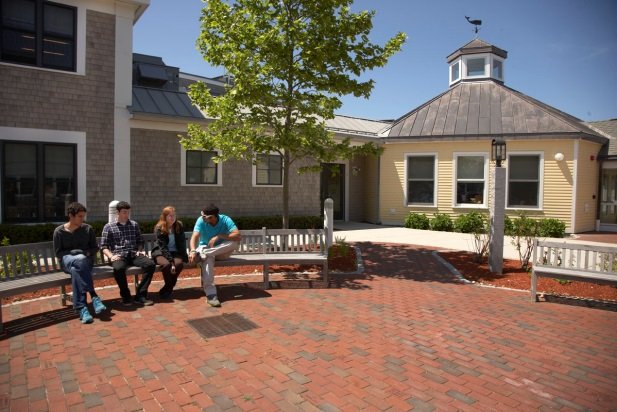

Special Education Decision Results in Placement at Riverview School
Sankey Law Offices recently prevailed in a hearing before the Bureau of Special Education Appeals which resulted in the placement of a 15 year old boy at Riverview School. The student, who presents with diagnoses of Autism Spectrum Disorder and an intellectual impairment, was placed in a partial inclusion program at Fairhaven High School. It was Fairhaven’s position that its program was appropriate because the student was able to access the general curriculum and was an active participant in his classes. Moreover, Fairhaven argued that the student loved to participate in band and that his removal from the community to attend a private school would deprive him of his independence and the ability to socialize with non-disabled peers.
Over the course of a three-day hearing, the student’s parent was able to demonstrate that the student was unable to access grade level academics even with a dedicated paraprofessional. The parent also showed that Fairhaven had failed to provide recommended reading intervention and, most importantly, that the district ignored its obligation to embed social skills instruction throughout the student’s school day. Based in large part upon these deficiencies, the hearing officer ordered Fairhaven to fund the student’s placement at Riverview School.
From our perspective, there are at least three important lessons from this case. First, the hearing officer was resolute in requiring that there be objective measures of performance to establish effective progress. The fact that the student appeared engaged and happy in general education classes was not enough to justify Fairhaven’s program. Instead, the hearing officer noted that the lack of objective measures – such as evaluations and data-driven assessments – undermined Fairhaven’s claim that the student was making effective progress. Most notably, the hearing officer rejected the notion that report cards and progress reports are sufficient to establish progress, describing them as little more than “subjective and global reports of class participation” rather than objective measures of academic progress.
Second, the parent demonstrated that the student’s goals, objectives and benchmarks were largely unchanged over a three year period. The hearing officer noted, quite correctly, that the continued presentation of identical goals indicated that the student was not making progress. This is a clear reminder that, whether participating in a team meeting or reviewing an IEP, it is critical to pay attention to the goals and benchmarks in order to determine whether the student is truly progressing.
Finally, as we always stress to our clients, the retention of highly qualified and articulate experts to evaluate and observe is essential to success at a hearing. In this case, the hearing officer credited and relied upon the parent’s expert to a very high degree in determining the student’s learning needs and in evaluating Fairhaven’s proposed program. We continue to believe that a case cannot be won in any hearing without highly competent and thoughtful expert testimony.
The bar is always high when seeking an out-of-district placement for a student at a school district’s expense. This case illustrates the painstaking detail that is required during case development, both to assess the student’s needs and to thoroughly assess the district’s proposed program. It was a pleasure to work with this family to place the student at Riverview School.


